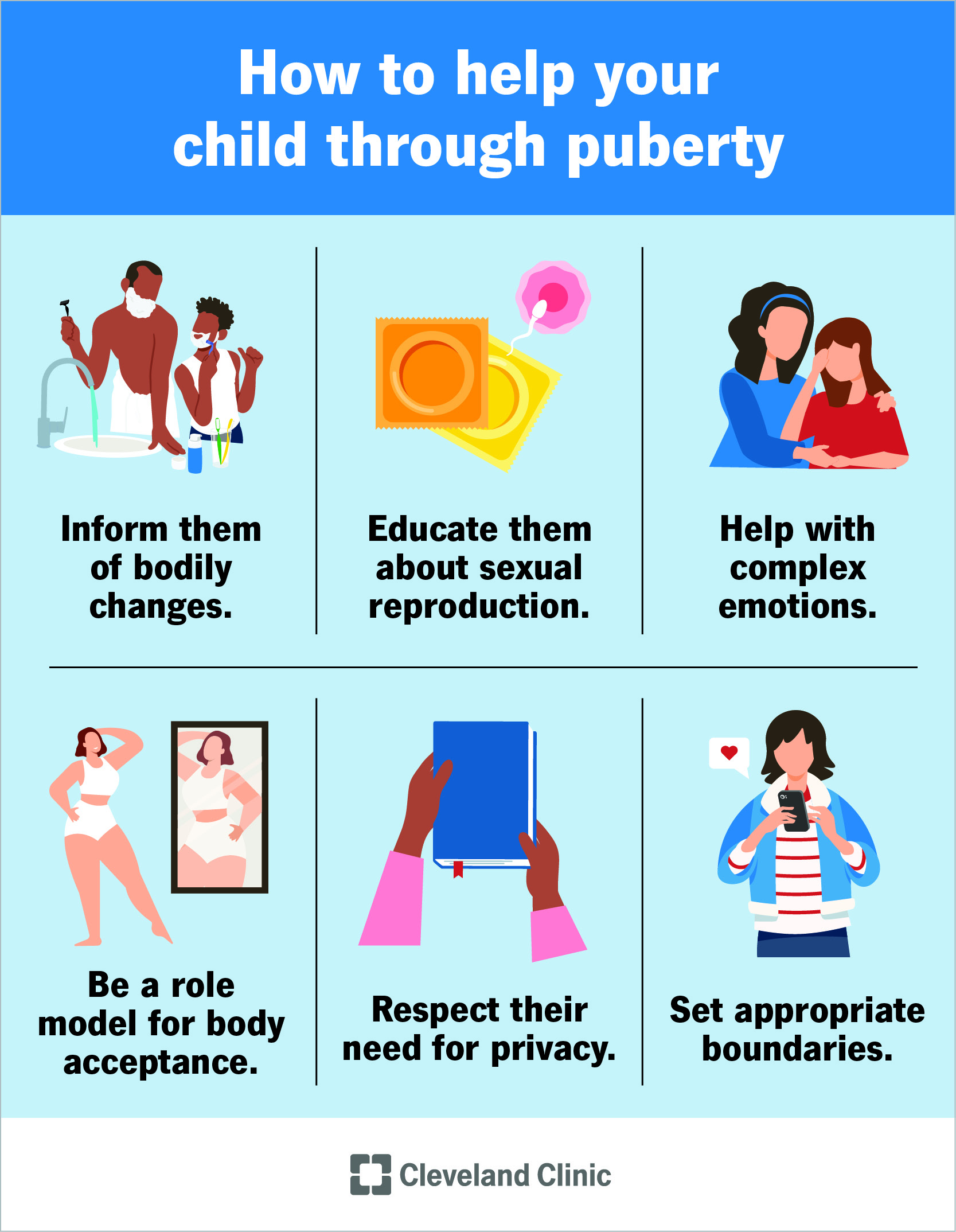Puberty is the natural part of development when your child’s body goes through physical and hormonal changes to reach sexual maturity.
Advertisement
Cleveland Clinic is a non-profit academic medical center. Advertising on our site helps support our mission. We do not endorse non-Cleveland Clinic products or services VSports手机版. Policy.
The stages of puberty follow a definite path with a progression of physical changes V体育安卓版. It also involves emotional and mental changes. The physical and emotional changes of puberty begin and end at different ages for each child based on their sex, race and ethnicity, as well as environmental factors.
In this article, “boy” refers to children with testicles (testes), which naturally produce testosterone. “Girl” refers to children with ovaries, which naturally produce estrogen V体育ios版. Children who are taking puberty blockers or feminizing or masculinizing hormone therapy may experience different bodily changes during puberty.
Hormones involved in puberty include:
Your child’s adrenal glands also produce more hormones called androgens. These hormones contribute to the formation of secondary sex characteristics — mainly the development of pubic and underarm hair (adrenarche). Although adrenarche happens alongside increases in sex hormones during puberty, adrenal glands may also produce androgens that impact pubic hair. One in four girls have adrenarche before breast development (thelarche).
The two main issues related to puberty are precocious (early) puberty and delayed puberty. They can develop due to:
Some cases have no known cause.
Healthcare providers consider precocious puberty to be the onset of Tanner Stage 2 secondary sexual characteristics before age 8 in girls or age 9 in boys if the next stages of puberty happen soon after.
Healthcare providers consider delayed puberty to be when:
Providers may diagnose primary amenorrhea (lack of a menstrual period) if a girl hasn’t started menstruation within three years of Tanner Stage 2 or by age 15.
You should see your child’s healthcare provider if your child experiences any of the following:
Additionally, contact your child’s provider if:

Puberty is a time of massive change for your child — and you. You can help your child by:
Puberty can be a very exciting but challenging time in your child’s life — and your family’s. Along with physical changes, your child may experience many emotional changes. Know that your child’s healthcare provider will be there to support you and them with any questions or concerns. They can evaluate your child and determine if they’re developing as expected.
Cleveland Clinic Children’s expert healthcare providers can uncover the reasons behind your child’s delayed puberty with the latest testing and treatments.

Last reviewed on 08/26/2024.
Learn more about the Health Library and our editorial process.